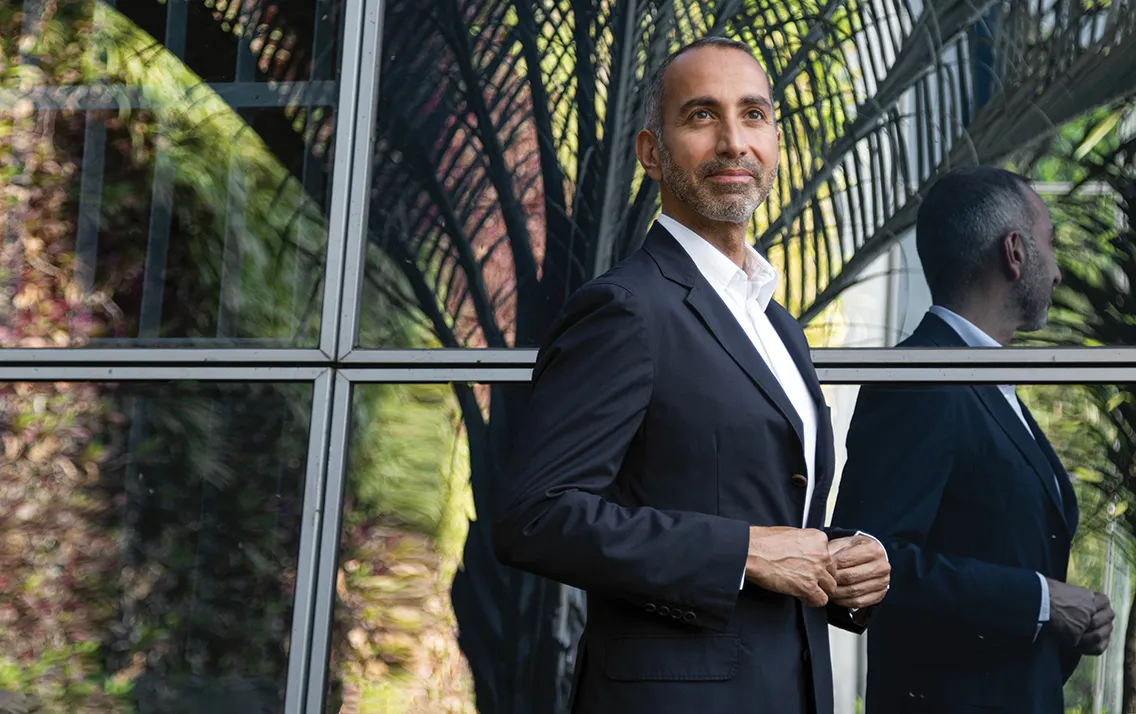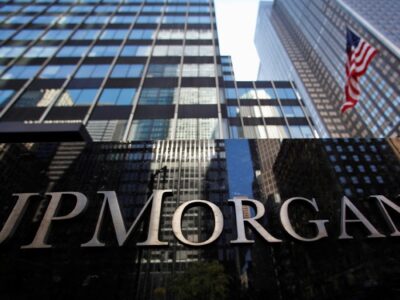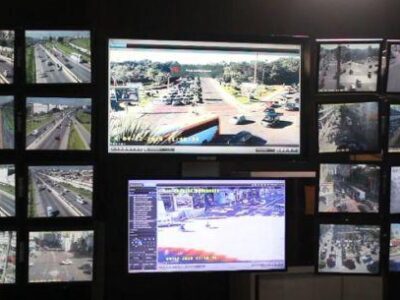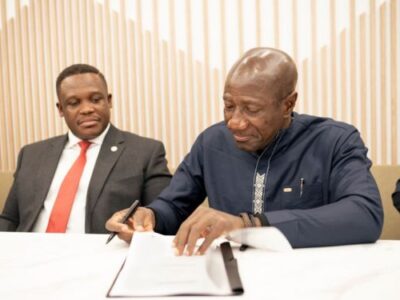
With revenues fast approaching $3bn in 2023, Axian is one of Africa’s more successful diversified business groups. It has grown its revenue base tenfold in the last decade. Its interests sprawl across Africa and the Indian Ocean and over multiple sectors, notably telecommunications, financial services and energy.
The company formerly known as Hirimix began life in the 1950s as a textile company, venturing into real estate in 1995.The Group entered the energy sector with the launch of Electricité de Madagascar (EDM), later acquiring a stake in Jovena in 2004.
That same year, it expanded into telecommunications by acquiring Télécom Malagasy (Telma), Madagascar’s historic operator, launching Telma Mobile in 2006.
In 2010, it introduced the MVola mobile money service. In 2014, Axian, partnering with CIEL Group, acquired 51% of Banque Nationale de l’Industrie, growing it to 111 branches and introducing the digital microfinance solution Kred in 2019.
Today, the group caters to, among others, 45 million mobile customers and 18 million mobile money users across Africa, having launched the continent’s first commercial 5G network and deployed 17,200 km of fibre optic cable across Africa.
Hassanein Hiridjee, the French-educated scion of the founding family who now leads the group, places it all in perspective.
“Our three main business lines represent 12,000 people who are all focused on one thing – inclusion.”
This, he explains, means empowering more people with energy, communication and financial tools to pursue their goals.
“We help people to equip themselves with infrastructure and services. This ranges from solar power plants for national grids, to financial services for rural communities through mobile banking, to access to finance, to data centres, just about everywhere in towns and villages.”
Hiridjee points out that by subscriber numbers, the group is the 6th largest telecom operator in Africa and the third largest in terms of infrastructure with about 3,500 cell towers.
Continental ambitions
That growth has come by way of some strategic investments. For much of its life, Axian had been a single country operator. That changed in 2014.
“We had the opportunity to go beyond our borders and acquire another asset, in this case an operator on RéunionIsland and in Mayotte, in the Indian Ocean. The Altice group had just acquired SFR in France and the French Competition Authority had asked it to sell its assets in the Indian Ocean [in Comorros and Mayotte, French outposts off the coasts of Africa]. So we started working on it and made a bid. And we were selected,” he recalls.
At the time, Hiridjee says, Madagascan banks were not permitted to fund cross-border transactions and that meant having to look beyond to international banks and other partnerships. One of these partnerships was with Xavier Niel, the French telecom entrepreneur behind the Free band, who he describes as “now more than a mentor…a friend.”
That partnership would persist over a number of deals, including a greenfield project in Comoros and an acquisition in Senegal. In more recent forays, however, Axian has taken on transactions by itself.
“We responded to the privatisation of the incumbent operator in Togo, before the Covid-19 crisis. The group did this on its own. Then we made an acquisition in Tanzania, also on our own. The same goes for another operation in Uganda.”
Planning for currency risks
While Axian’s companies typically charge for services in local currencies, they need dollars to procure the equipment and services that they need to serve their customers. The firm’s investment strategies are informed by this risk.
“That’s why we are very careful in our choices of locations. Africa is big, it’s diverse, and it has a lot of potential. We are very selective when it comes to these opportunities, favouring countries where we know we will be able to cope with any difficulties that may arise. Today, in the countries where we operate, currency fluctuations are relatively controlled. What’s more, these are countries where the ten-year history of the currency is fairly good.”
Still, in mobile the operating environment has been challenging. Fiscal realities in recent years mean that African mobile network operators have had to sell infrastructure, such as cell towers, as an alternative to debt.
MTN sold 5,709 towers in South Africa to IHS Towers for $406.4m, leasing them back to fund spectrum purchases. Airtel Africa sold 1,400 towers in Tanzania for $175m to reduce debt and focus on core growth. Telkom also sold its Swiftnet towers for $356m to prioritise core assets, while Cell C and Vodacom previously offloaded towers to reduce costs and enhance efficiency, leasing them back for operations.
Axian has not been immune to this. The company has sold some towers in Senegal to refinance itself, even though it would prefer to retain them.
“You can’t just raise debt because you’re putting your structure at risk. And you can’t keep putting pressure on the level of debt on your balance sheet. If operators had had the choice, they would have kept their tower assets. If they sold, it was because they needed to refinance,” he notes.
Active development phase
The underlying trend, however, is that there is still room to grow as mobile operators, especially in rural Africa where connectivity is still poor.
Hiridjee describes Axian’s telecom business as being in an active development phase, with plans for more acquisitions in each of the three pillars on which the business rests – fixed and mobile operations, digital infrastructure – including towers and data centres – and content.
He says the firm is assessing an acquisition in an African country.
“We’re in tune with demand; we’re gaining a better understanding of what drives it and how it should all work. It’s a winning recipe, and we’re going to continue in the same direction, while remaining cautious about our financial ratios, debt levels and so on,” he says of their strategy going forward.
Despite its multiple interests in diverse locations, Hiridjee insists that Axian is not a conglomerate and is focused on its core operations of infrastructure and services.
“We don’t want to spread ourselves too thin,” he says, noting the strategy of carefully choosing the countries it chooses to enter.
“What’s more, we are attentive to the expectations of all parties, partners and regulators alike. Will we be able to be operational? You can’t arrive in a country, for example, and apply for a licence if you don’t feel able to meet the specifications, to provide the coverage that’s required within the time allowed, because you’re going to create frustration on all sides,” he says.
Energy optimism
Hiridjee remains optimistic about the opportunities tech can bring to Axian’s operations, highlighting the phenomenon of mobile money.
Axian now hopes to bring that innovation to the energy space.
For example, it has just delivered a power plant in Senegal. The company is also working on a hydroelectric project in Madagascar and Congo-Brazzaville and has just acquired a solar energy asset in Burkina Faso. A solar power plant in Rwanda has also just been acquired.
These projects, he argues, are essential for the continent’s development bringing power on which industrialisation, jobs and wealth depend.
And it creates fertile ground for the continued expansion of a diversified group which believes that the opportunities in its grasp are limitless.
“Africa still needs a huge amount of infrastructure, not only in telecoms but in energy, transport and others. And we need many service industries. The potential is enormous, hence the need for the funding we’ve mentioned,” he concludes.








Comments